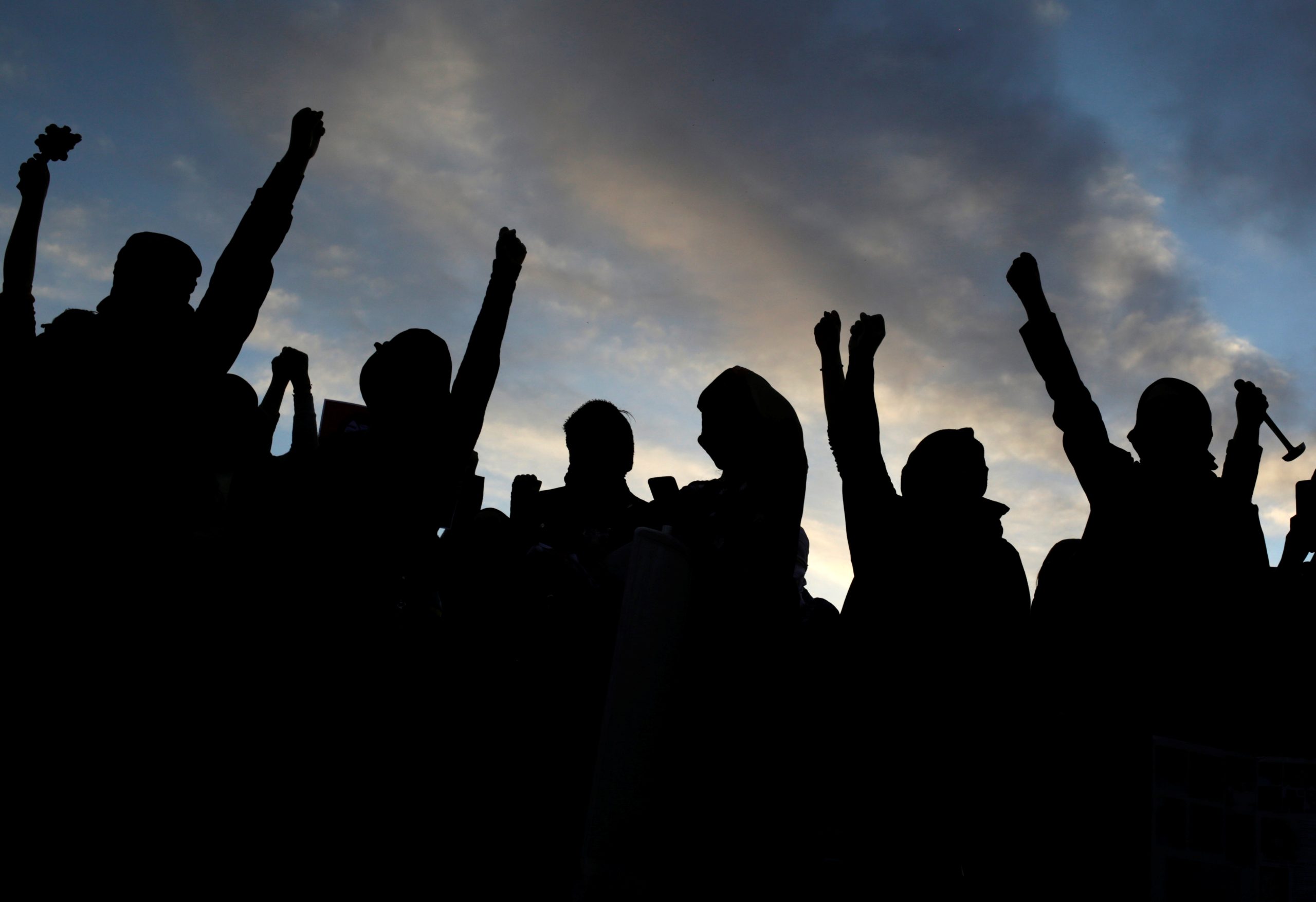As violent protests and a shutter-down strike in Pakistan-occupied Jammu Kashmir (PoJK) came to a halt following Islamabad’s announcement of an immediate grant of PKR 23 billion to address demands for fair electricity pricing and subsidised wheat flour, the UK based-United Kashmir People’s National Party (UKPNP) issued a statement reaffirming the region’s long-standing grievances.
In the statement, the UKPNP highlighted the decades-long denial of fundamental human rights, citing injustice, inequality, and systematic plundering of natural resources as enduring issues.
The party condemned the eruption of violence, attributing it to the deployment of para-military forces such as the Punjab Constabulary and Frontier Constabulary, notorious for their alleged inhumane actions.
Reports emerged of three civilian deaths and over 100 injuries during firing by Pakistan Rangers and local police, as peaceful protests escalated following a crackdown on local leaders.
UKPNP expressed concern over the re-deployment of para-military forces, fearing further suppression of the people’s movement.
The party voiced full endorsement of the peaceful struggle led by the Awami Action Committee, asserting its pro-people and pro-peace stance.
It vehemently rejected accusations of foreign financing, dismissing alleged links with India, Taliban, Pakistan Tehreek-e-Insaaf (PTI), Baloch Liberation Army, or any purported Jewish lobby.
Shabir Choudhry, President of the Foreign Affairs Committee, UKPNP, condemned the dissemination of fake propaganda by Pakistani politicians, secret agencies, and media outlets. He emphasised the loss of credibility in such allegations, citing historical instances of baseless accusations against dissenting voices.
In its demands, the UKPNP called for the establishment of a national grid in so-called ‘Azad Kashmir’, ensuring local control over electricity production and distribution. It advocated for the sale of surplus electricity to Pakistan and emphasised community control over resources, particularly water reservoirs and dams.
Furthermore, the UKPNP demanded the revocation of Act 74, asserting the need for autonomous management of affairs in accordance with local priorities and requirements.
As tensions ease with Islamabad’s concessions, the people of PoJK remain steadfast in their pursuit of justice and autonomy, hopeful for a future free from exploitation and denial of fundamental rights.

